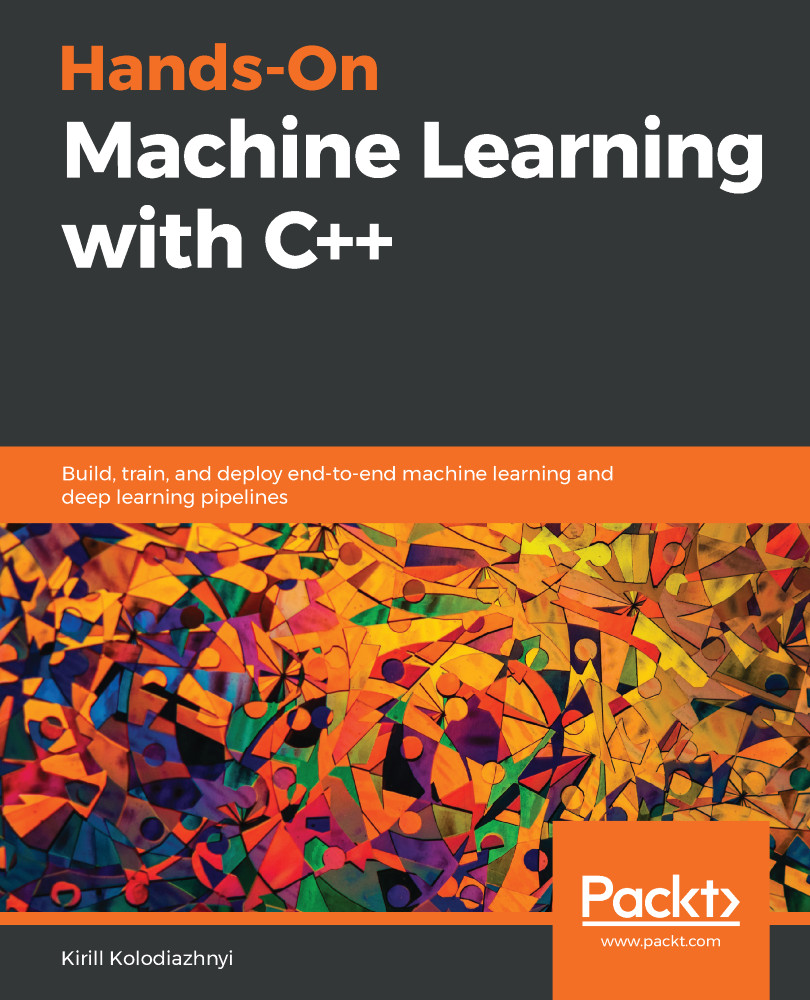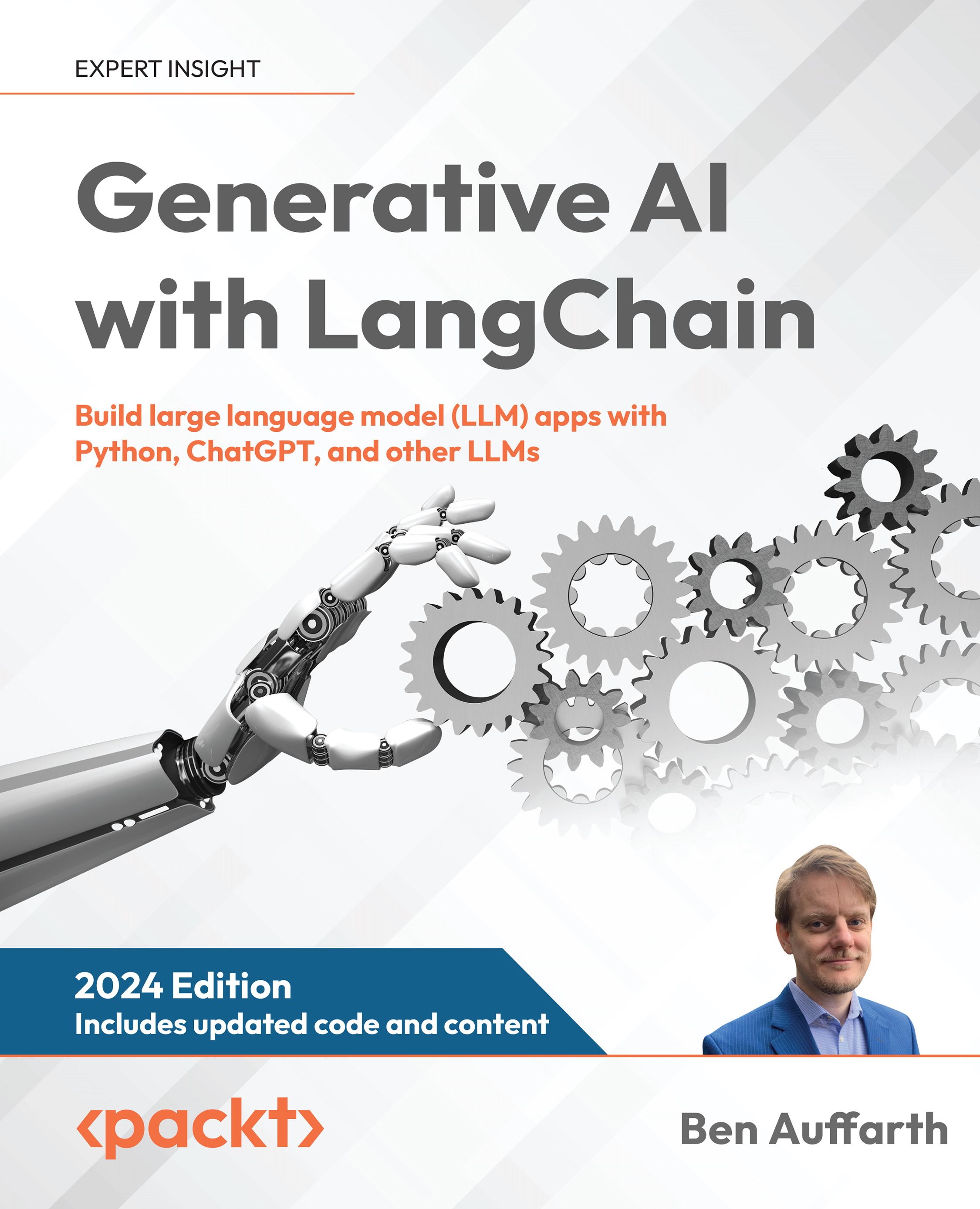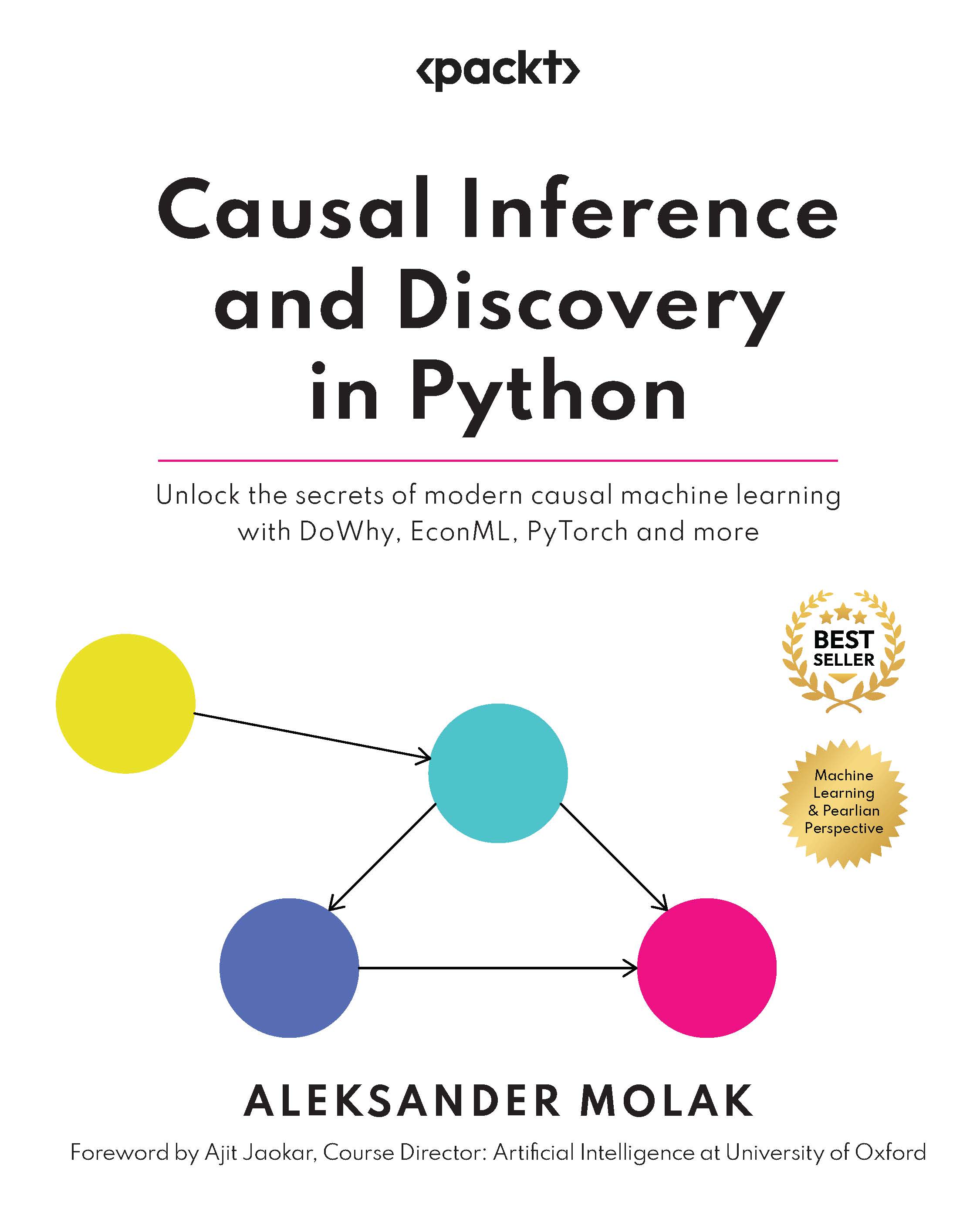-
Become familiar with data processing, performance measuring, and model selection using various C++ libraries
-
Implement practical machine learning and deep learning techniques to build smart models
-
Deploy machine learning models to work on mobile and embedded devices
C++ can make your machine learning models run faster and more efficiently. This handy guide will help you learn the fundamentals of machine learning (ML), showing you how to use C++ libraries to get the most out of your data. This book makes machine learning with C++ for beginners easy with its example-based approach, demonstrating how to implement supervised and unsupervised ML algorithms through real-world examples.
This book will get you hands-on with tuning and optimizing a model for different use cases, assisting you with model selection and the measurement of performance. You’ll cover techniques such as product recommendations, ensemble learning, and anomaly detection using modern C++ libraries such as PyTorch C++ API, Caffe2, Shogun, Shark-ML, mlpack, and dlib. Next, you’ll explore neural networks and deep learning using examples such as image classification and sentiment analysis, which will help you solve various problems. Later, you’ll learn how to handle production and deployment challenges on mobile and cloud platforms, before discovering how to export and import models using the ONNX format.
By the end of this C++ book, you will have real-world machine learning and C++ knowledge, as well as the skills to use C++ to build powerful ML systems.
You will find this C++ machine learning book useful if you want to get started with machine learning algorithms and techniques using the popular C++ language. As well as being a useful first course in machine learning with C++, this book will also appeal to data analysts, data scientists, and machine learning developers who are looking to implement different machine learning models in production using varied datasets and examples. Working knowledge of the C++ programming language is mandatory to get started with this book.
-
Explore how to load and preprocess various data types to suitable C++ data structures
-
Employ key machine learning algorithms with various C++ libraries
-
Understand the grid-search approach to find the best parameters for a machine learning model
-
Implement an algorithm for filtering anomalies in user data using Gaussian distribution
-
Improve collaborative filtering to deal with dynamic user preferences
-
Use C++ libraries and APIs to manage model structures and parameters
-
Implement a C++ program to solve image classification tasks with LeNet architecture
 United States
United States
 Great Britain
Great Britain
 India
India
 Germany
Germany
 France
France
 Canada
Canada
 Russia
Russia
 Spain
Spain
 Brazil
Brazil
 Australia
Australia
 South Africa
South Africa
 Thailand
Thailand
 Ukraine
Ukraine
 Switzerland
Switzerland
 Slovakia
Slovakia
 Luxembourg
Luxembourg
 Hungary
Hungary
 Romania
Romania
 Denmark
Denmark
 Ireland
Ireland
 Estonia
Estonia
 Belgium
Belgium
 Italy
Italy
 Finland
Finland
 Cyprus
Cyprus
 Lithuania
Lithuania
 Latvia
Latvia
 Malta
Malta
 Netherlands
Netherlands
 Portugal
Portugal
 Slovenia
Slovenia
 Sweden
Sweden
 Argentina
Argentina
 Colombia
Colombia
 Ecuador
Ecuador
 Indonesia
Indonesia
 Mexico
Mexico
 New Zealand
New Zealand
 Norway
Norway
 South Korea
South Korea
 Taiwan
Taiwan
 Turkey
Turkey
 Czechia
Czechia
 Austria
Austria
 Greece
Greece
 Isle of Man
Isle of Man
 Bulgaria
Bulgaria
 Japan
Japan
 Philippines
Philippines
 Poland
Poland
 Singapore
Singapore
 Egypt
Egypt
 Chile
Chile
 Malaysia
Malaysia

















